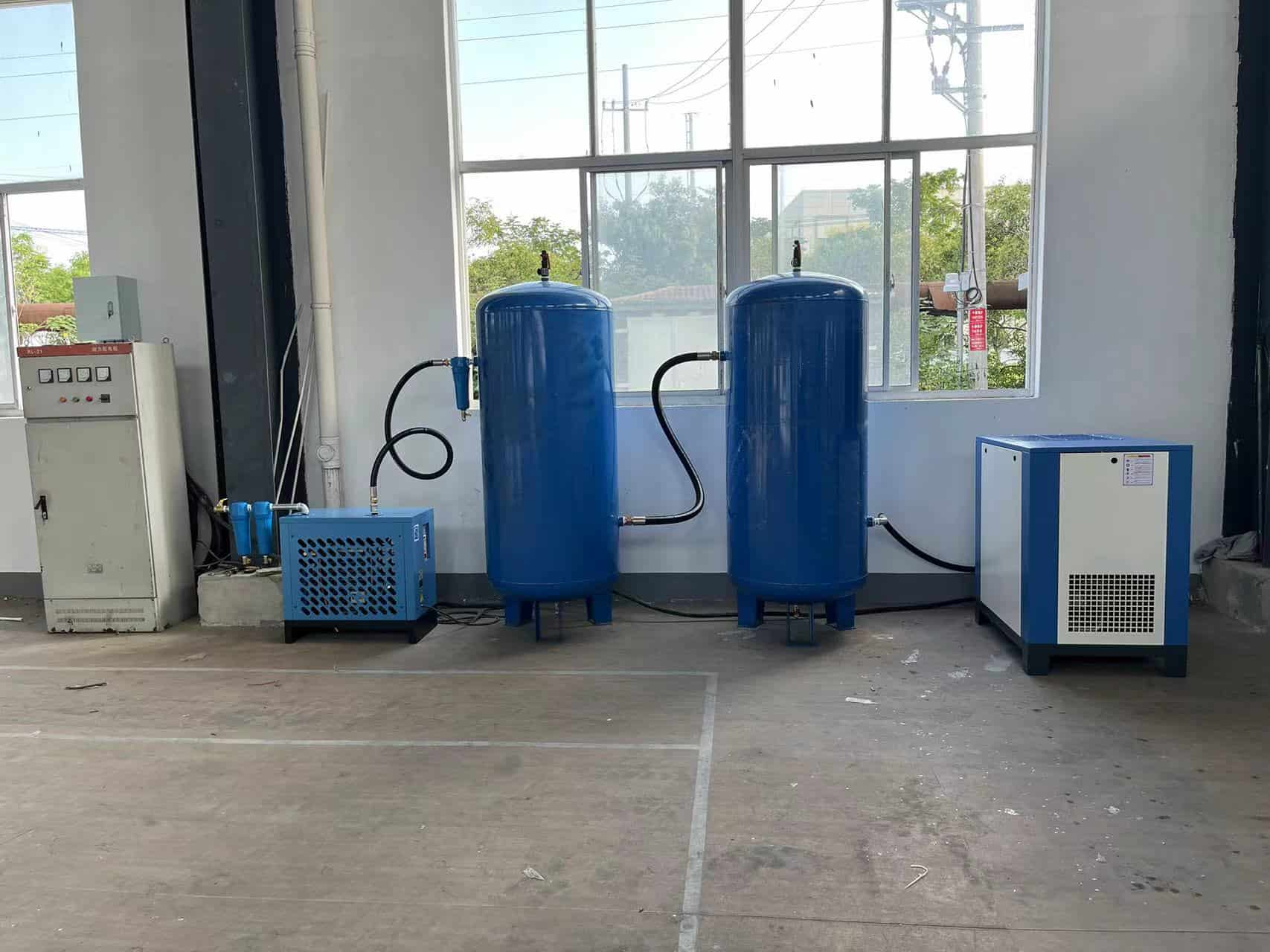Permanent magnet variable frequency air compressors are widely used in various industries for their energy efficiency and superior performance. However, one common issue encountered with these machines is insufficient heat dissipation. In this article, we will delve into the reasons behind this problem and explore potential solutions.

1. Inadequate Cooling System Design:
The cooling system design plays a crucial role in maintaining optimal temperature levels in permanent magnet variable frequency air compressors. If the cooling system is not appropriately designed or if it lacks the necessary components, such as fans, heat sinks, or radiators, the dissipation of heat can be compromised. This can lead to overheating of the compressor and a decline in its overall performance.
2. Insufficient Airflow:
Insufficient airflow around the compressor can hinder heat dissipation. This can occur due to improper installation or obstruction of air vents. When the airflow is limited, the heat generated by the compressor cannot be effectively carried away, causing the temperature to rise rapidly. Regular maintenance and ensuring proper ventilation can help address this issue.
3. Inadequate Lubrication:
Lubrication is essential for the smooth operation of the compressor. Inadequate lubrication can cause increased friction and heat generation, leading to poor heat dissipation. It is crucial to follow the manufacturer's guidelines regarding lubrication frequency and ensure the use of high-quality lubricants to minimize friction and maintain optimal heat dissipation.
4. Overloading or Continuous Operation:
Overloading the compressor or running it continuously beyond its specified capacity can significantly impact heat dissipation. When the compressor is continuously subjected to heavy loads, it generates excessive heat that surpasses its cooling capacity. This can result in overheating and potential damage to the compressor. Adhering to the recommended load limits and allowing the compressor to rest periodically can help prevent heat buildup.
5. Environmental Factors:
The environment in which the compressor operates can also affect its heat dissipation capabilities. High ambient temperatures, poor air quality, or dusty surroundings can impede the cooling process. Regular cleaning of the compressor, ensuring proper ventilation, and keeping the surrounding area clean can help mitigate these environmental factors.
Conclusion:
Insufficient heat dissipation in permanent magnet variable frequency air compressors can lead to reduced efficiency, increased energy consumption, and potential damage to the equipment. By addressing the factors mentioned above, such as improving cooling system design, ensuring proper airflow, lubrication, load management, and maintaining a suitable operating environment, users can enhance heat dissipation efficiency and prolong the lifespan of their compressors. Regular maintenance and adherence to manufacturer recommendations are crucial to ensure optimal performance and reliability.